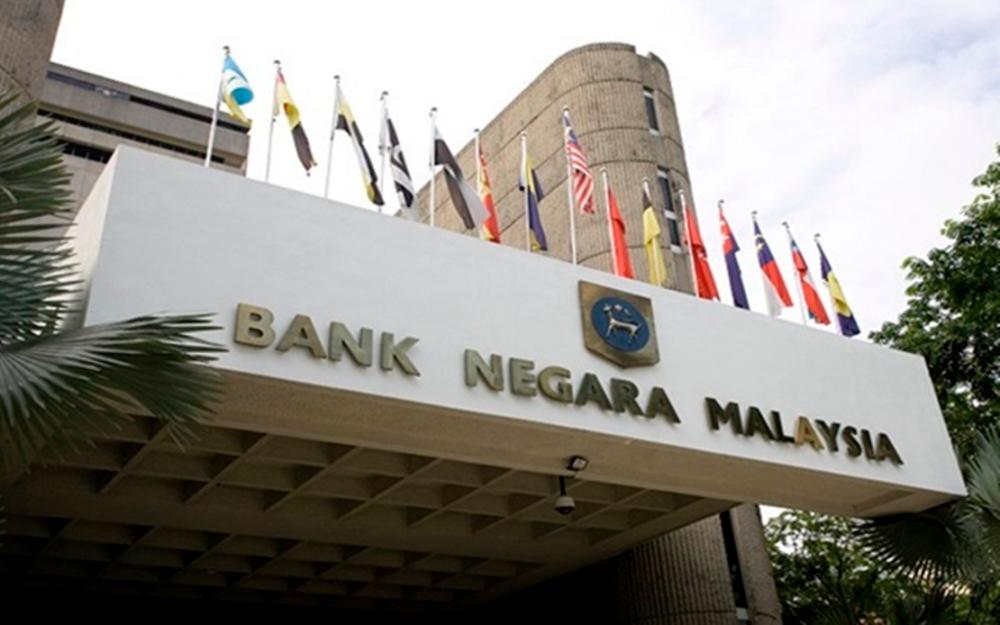PETALING JAYA: Conditions in the domestic financial markets remained orderly despite significant volatility, with smooth intermediation of two-way flows in bond and equity markets, Bank Negara Malaysia (BNM) said in its Financial Stability Review First Half 2022.
“The US dollar has strengthened significantly and has remained at a two-decade high due to aggressive policy rate hikes in the US and flight to perceived safe US dollar assets. Continued onshore foreign exchange market liquidity is enabling orderly adjustments to external developments. This will support businesses and market participants in managing their foreign exchange exposures,” the central bank said in a statement today.
It added that the financial performance of businesses continued to improve in line with the full resumption of economic activities and reopening of international borders. However, recovery remains uneven and has been slower in certain economic sub-sectors.
“Overall business loan impairments remain low at 1.1% of total banking system loans. The share of business loans with higher credit risk has continued to decline to 14.4% of total business loans in line with the gradual improvement in business conditions. The share of small and medium-sized enterprises (SME) loans under repayment assistance has halved to 13.1% of total SME loans (or 2.3% of total loans from the banking system and development financial institutions). SME that have exited repayment assistance programmes have largely been able to resume their loan repayments,” it said.
The central bank remarked that businesses are expected to face continued headwinds, including tightening global financial conditions and exchange rate developments. However, additional business defaults under simulated severe stress scenarios are expected to remain manageable.
Additionally, household resilience continued to be supported by improving economic and labour market conditions. The ratio of household debt-to-GDP has reverted closer to pre-pandemic levels at 84.5%.
“The share of household debt under repayment assistance has declined significantly from 18.8% in December 2021 to 2.4% as of June 2022, with a lower share of household debt reported by banks to be of higher credit risk. Household impairment and delinquency ratios increased marginally but continue to remain low and within expectations at 1.2% and 0.6%, respectively,” it commented.
Meanwhile, Bank Negara Malaysia governor Tan Sri Nor Shamsiah said the central bank continues to work closely with the industry, key agencies and law enforcement authorities to address emerging threats.
“Enhancing the financial industry’s capacity to recover from various operational incidents remains our top priority. Some of these efforts include simulated live tests to ensure the practical ability of financial institutions and payment system operators to execute cyber incident response plans effectively,” she said in a statement.
The domestic financial system remains well-positioned to withstand shocks and support economic recovery. The strong buffers of banks, insurers and takaful operators will continue to preserve the resilience of financial institutions against potential unexpected losses.
“Assuming additional severe shocks applied on top of the bank’s stress test, post-shock aggregate capital ratios as at end-2023 remain comfortably above regulatory minimum levels at 15.4% for banks and 209% for insurers and takaful operators. This will enable them to continue supporting households’ and businesses’ financing and protection needs as economic activities resume,” she said.













